Musicians Beyond the Classroom
January 10, 2017
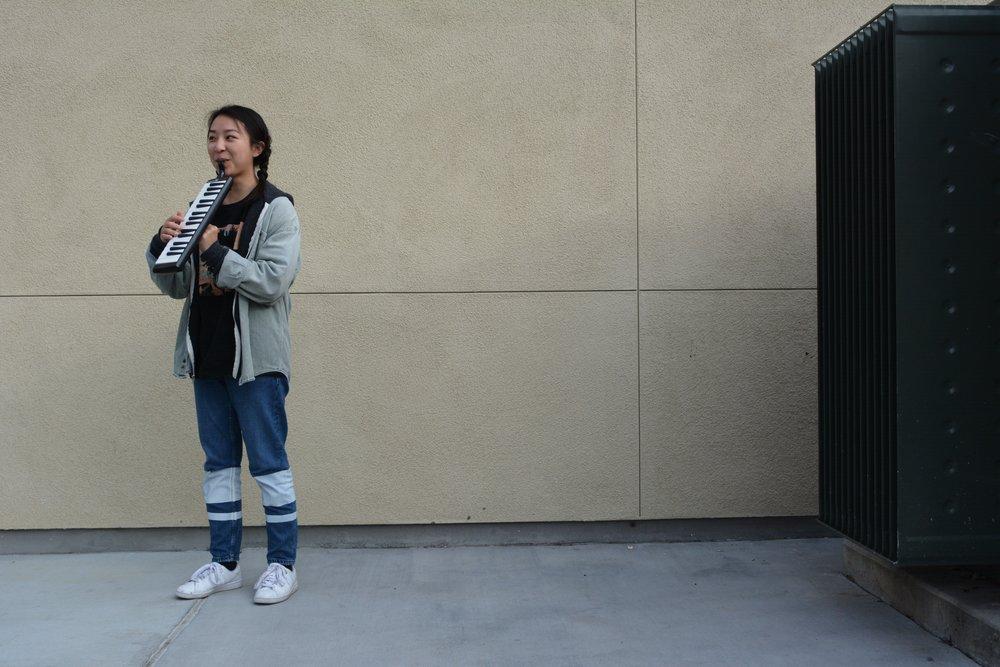 Dara Phung often plays the melodica in her free time.
Dara Phung often plays the melodica in her free time.
Burlingame High School has a long history of musical talent that many do not know much about. There are many skilled musicians who invest time outside of class to manifest their interests, and many students who show their abilities through the band or choir. These musicians are an exceptional part of our panther community, though the spotlight does not shine on them nearly as much as it should. Challenges face musicians and the music program at Burlingame, and there is an ever changing culture at BHS that revolves around music. It all starts among the capable players and singers of our very own campus.
David Kimura has been the music director at Burlingame for thirty years. He has seen how the musical scene has changed over the years. When he joined the program, BHS didn’t even have a full-time music teacher.
Mr. Kimura himself plays the piano and bass, as well as having practiced the clarinet and the saxophone. He started taking band in the fourth grade.
“A lot of kids took piano lessons when I was a kid, because my mom played the piano, my older sister played the piano,” he said. “It stuck. I stayed with it.”
Mr. Kimura only decided to major in music his sophomore year in college. The profession deterred him for a while, because “it seemed that everyone in college was better prepared than I was.”
He discussed how it’s hard for students to invest in music when balancing a heavy schedule and athletics. “I would love it if everyone who wanted to play in the band made room in their schedule to do it,” Kimura said.
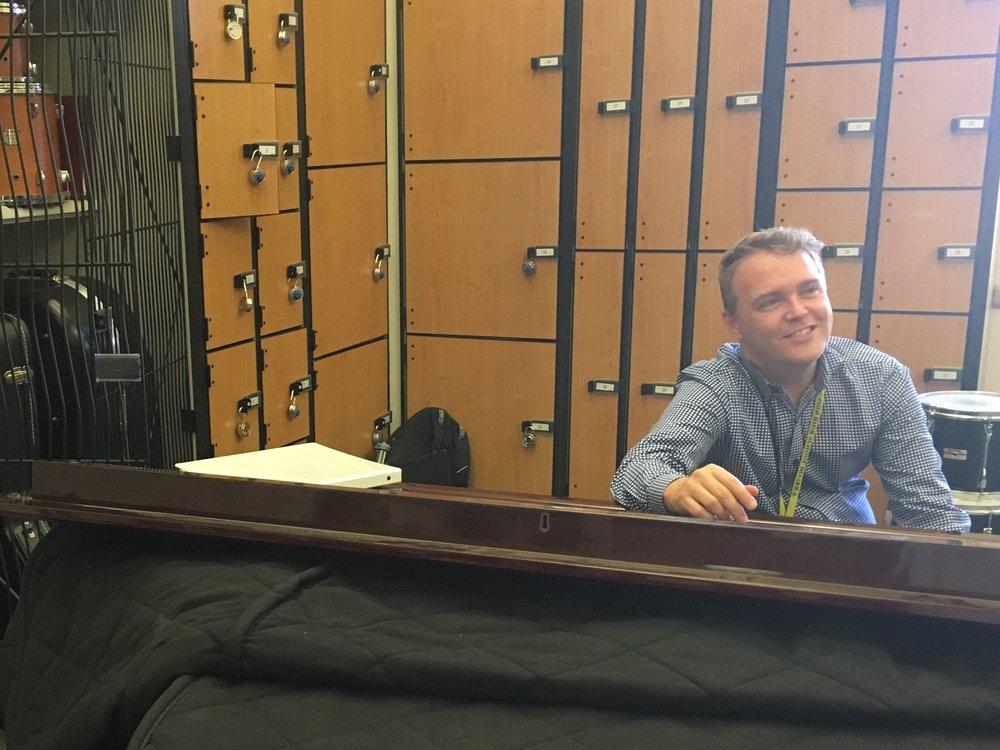
Shawn Reifschneider has been the choir director at BHS since 2006, and is now in his eleventh year of teaching. He works actively at San Mateo High as well, and knows much about the music program across the district. Reifschneider studied many instruments in college, and played the clarinet for a few years.
Reifschneider talked about the general school community’s involvement in the music program. “One of the things that I notice, in some people’s minds, it’s not as cool in this particular school. And that’s not true of all schools.”
Perhaps it’s a cultural kink in our community that distances people away from music. Aside from a very occupied atmosphere in terms of academics, there may be a social stigma around singing and playing instruments that applies to Burlingame. This stigma concerns concerts and other musical activities at BHS, and may account for a relatively low interest in these events.
“For some people, the choral program is the place to be. Especially for boys, because of the strength of being able to sing,” Reifschneider said. “I mean, who doesn’t love a person who sings?”
Kimura and Reifschneider both mentioned many students that participate in extracurricular musical ventures like the Peninsula Girls Chorus, Ragazzi, and Peninsula Youth Orchestra. Reifschneider noted that there are some people who participate in these activities without being a part of the school music program.
Lilli Hirth, a sophomore, has thoroughly involved herself in music in and out of school. In addition to playing percussion for the BHS band and having also practiced the piano, flute, singing, and guitar, Hirth plays in the official band for the United States Naval Sea Cadet Corps, the Band of the West. She has traveled to Washington to play for veterans and troops. Hirth described her experience as “the greatest choice I’ve ever made, because not only has it helped me grow as a musician, but as a person as well.”
Hirth provided her perspective on entering music professionally, describing it as a risky idea. She sees music as something that shouldn’t be forced.
“In a job where my next paycheck depends on me producing a song, I might lose sight of what makes music so amazing,” Hirth said.
Many other Burlingame musicians share Hirth’s view, like junior Alyson Resnick, who has played the violin for ten years. She has played for other youth orchestras in the past, and now has been playing for Peninsula Youth Orchestra (PYO) for three years. In terms of her involvement at school, she has played the violin in the past two school musicals.
When met with the idea of pursuing music as a career, Resnick responded, “no, I don’t really plan on it. Music has always been just a hobby.”
Even so, Resnick values music. “It’s a way to express yourself, and it’s a good break from school and that kind of thing, and when you play in an organization, you get a chance to meet a lot of new people.” She says she finds her outlet outside of school, which is a testament to how musicians at Burlingame can scale their levels of activity in different ways.
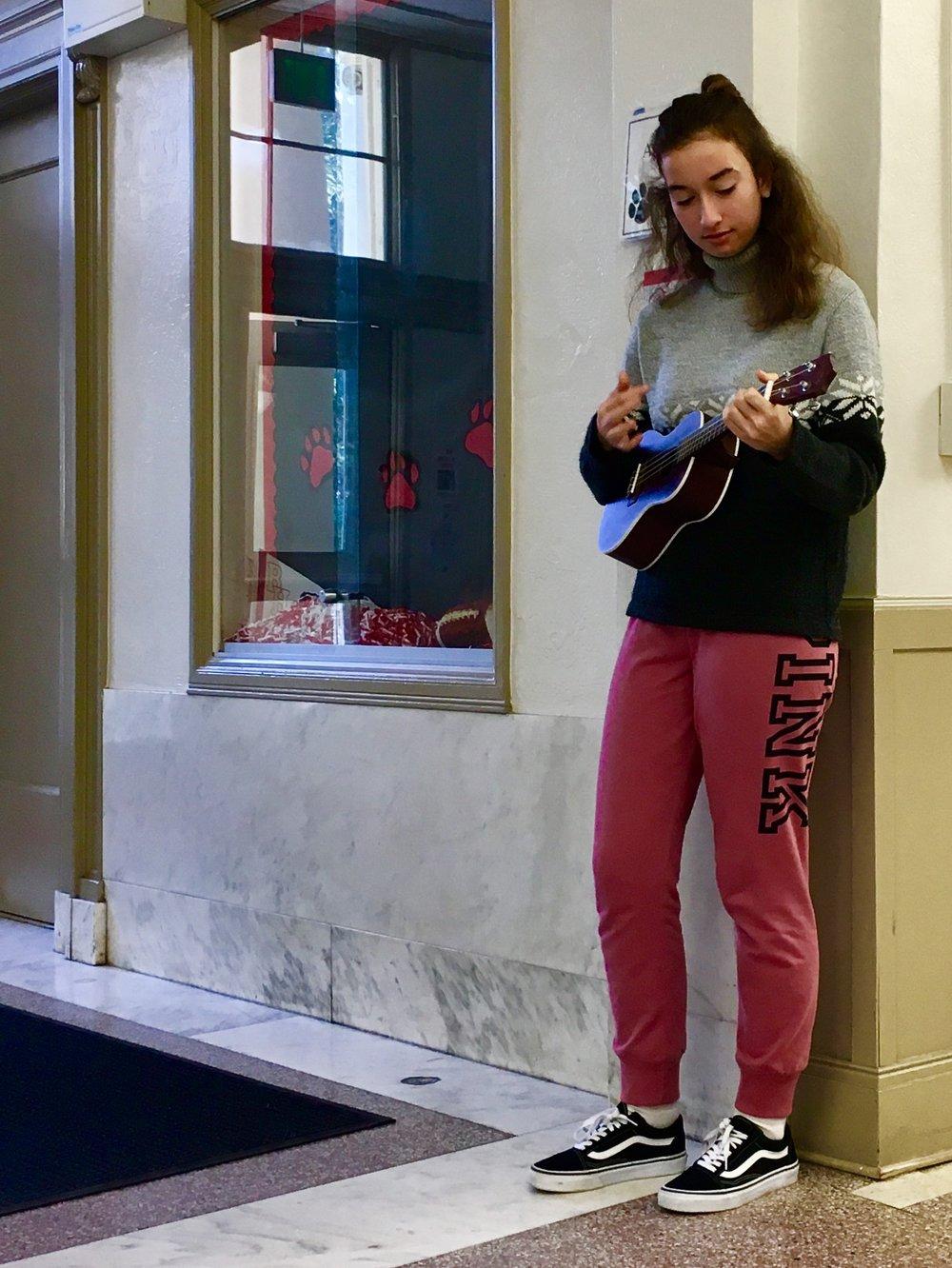 Lily Page jams out on the ukulele for fun.
Lily Page jams out on the ukulele for fun.
Sophomore Lily Page has also played the violin for seven years, and has invested her time into music in a similar way. Page played in the string section with Resnick during Hello Dolly, and she also plays for PYO.
Page has expressed interest in finding others who share her intents for playing music. Like many others, she considers music as an “ongoing hobby.”
“Music is such an individual activity, but at the same time, you can connect to other people through orchestras and bands. If [I’m] stressed, I can just go home, pull out my ukulele or my violin, and just jam,” Page said.
It’s important to note that Resnick and Page are both string players. In the 1970s, Proposition 13 of California cut musical funding for the string instrument program at schools like Burlingame High and at the elementary level. Ever since, music directors in the SMUHSD like Kimura have been eager to reorganize efforts for a revival of the orchestra.
Despite certain ups and downs, senior Dara Phung has managed to find her place in the Burlingame musical environment.
Phung is proficient in percussion, violin, and piano, and has been playing since she was four. Now, she plays in a community symphony in Palo Alto, participates in the Stanford symphony orchestra during the summers, and accompanies for a Lutheran Church in South San Francisco.
Phung has considered struggles she may face in the industry, because she pursues music as a career. “I think it’s a pretty hard place to be in, because it’s so competitive, and everyone’s really talented. But at the same time, if you have the drive, I think you can make the most out of everything” Phung said.
Phung also spoke on possible financial implications of the job. She says that it’s a misconception that music doesn’t pay well.
She encourages more people to get involved in music and the music program. Phung has found a way to fully invest herself in her passion whilst maintaining academics.
“I think it’s valuable to learn music because you find yourself in a safe place to express yourself, and also not fear anything. School is supposed to be that place, but sometimes school doesn’t provide that place. So, it’s a place to find your people.”
The BHS music program is expanding still, and there are extremely well-rounded musicians all around school. As these students add to their repertoire, the Burlingame mindset that surrounds music needs to catch up.
“More students probably see the athletes at this school get a chance to be exceptional and be recognized for what they do well, and what they’re passionate about. The musicians here probably don’t get the same exposure,” Kimura said. “I’d love to see the culture at Burlingame High School where the students were aware of the concerts and took advantage of the opportunity to see their peers perform.”
It’s up to the students of Burlingame to support their fellow musicians. These talents at BHS deserve to and need to be recognized for years to come.

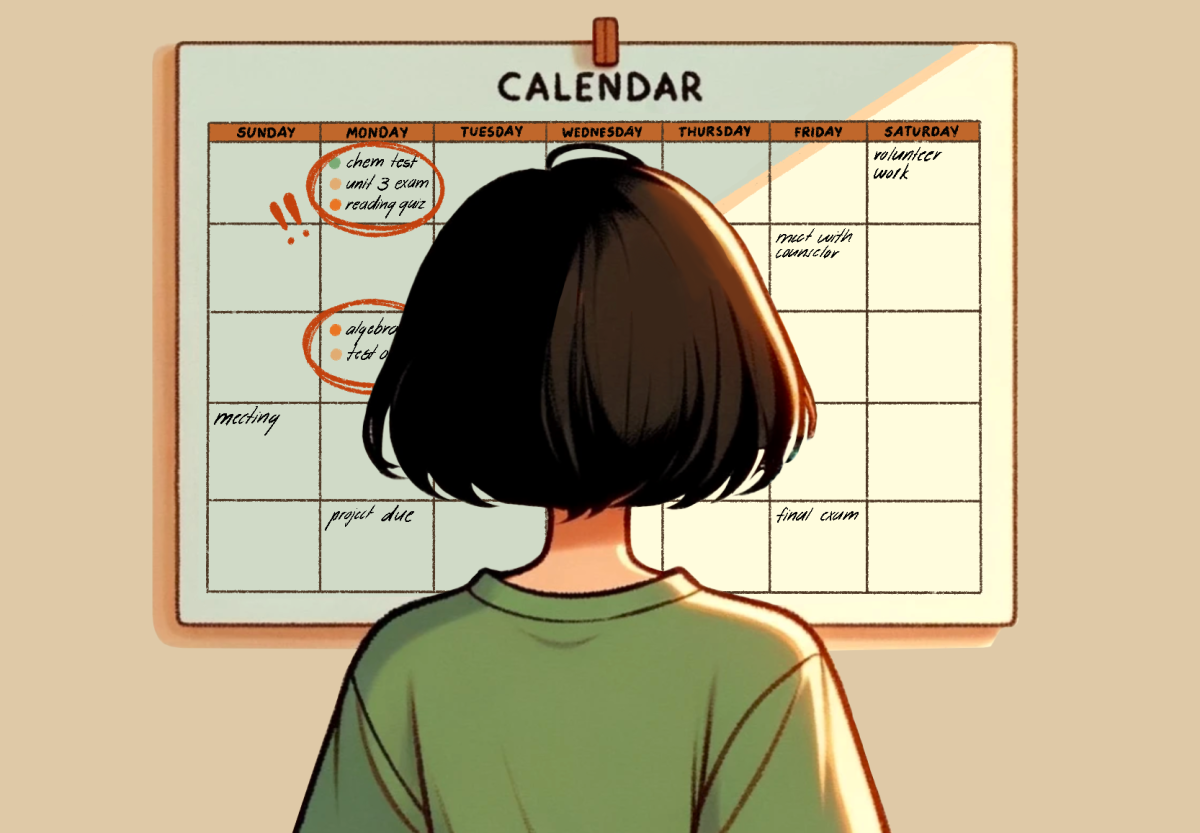
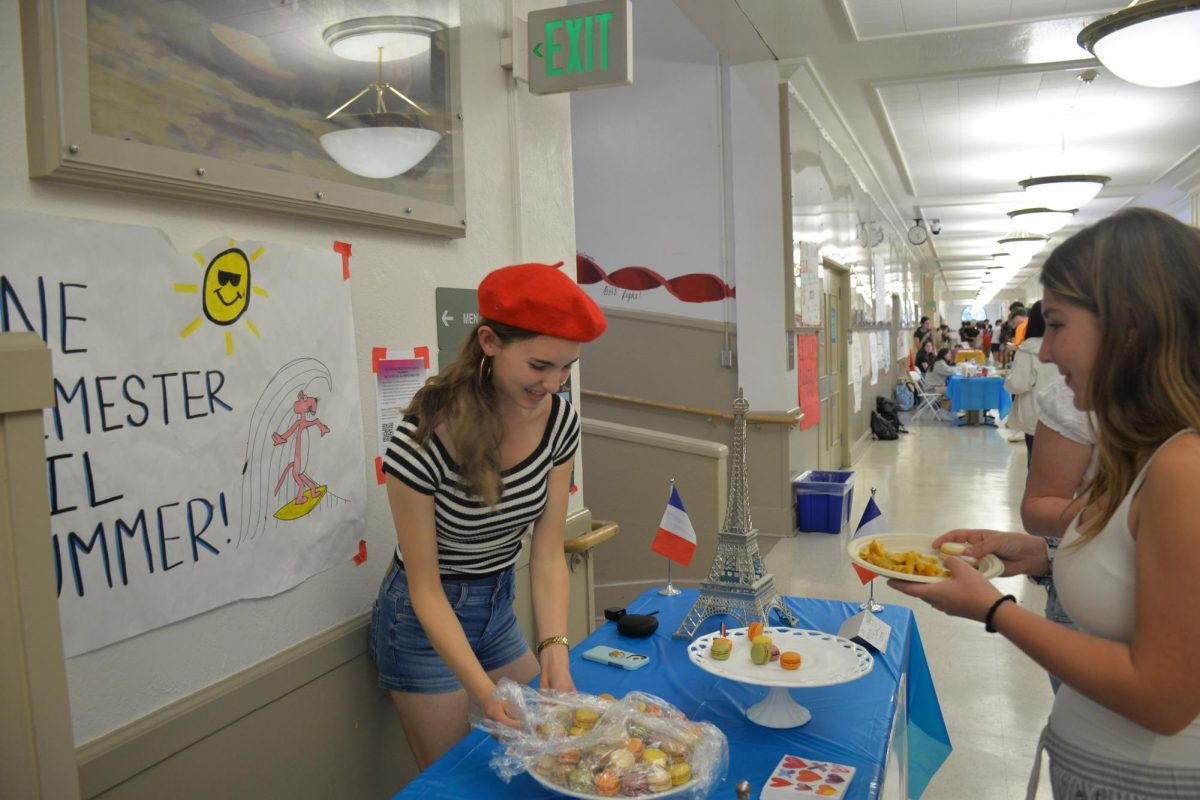
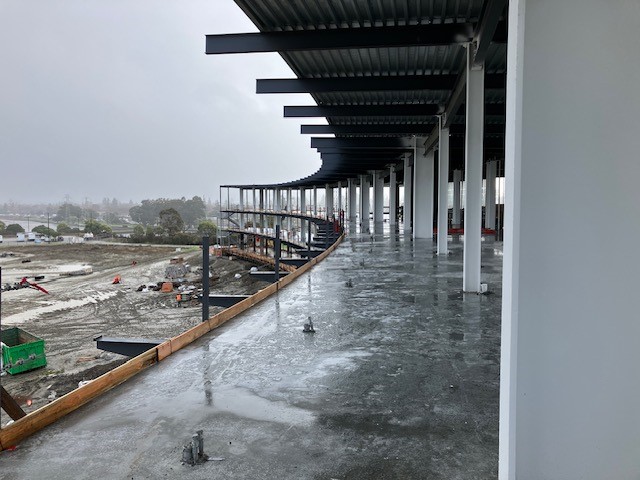

![WASC looks for more than the basic California State standards. According to chairperson Mike Woo, “As new rules and new concerns come up through society, [WASC] look[s] is the school doing something about that. Like the biggest trend post-COVID is mental wellness. So is your school doing something to address the mental health of the students? Along with are they still doing the proper academics?”](https://theburlingameb.org/wp-content/uploads/2024/03/IMG_3401-1200x1200.png)
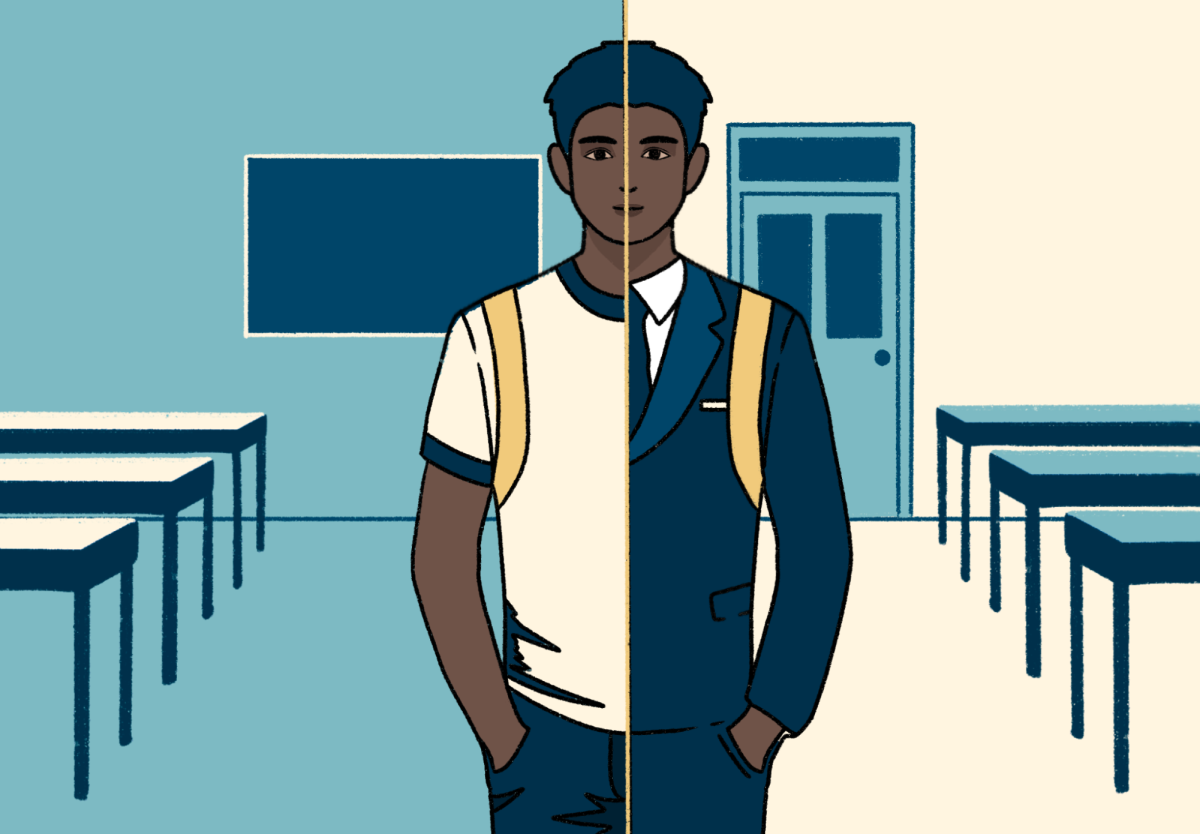
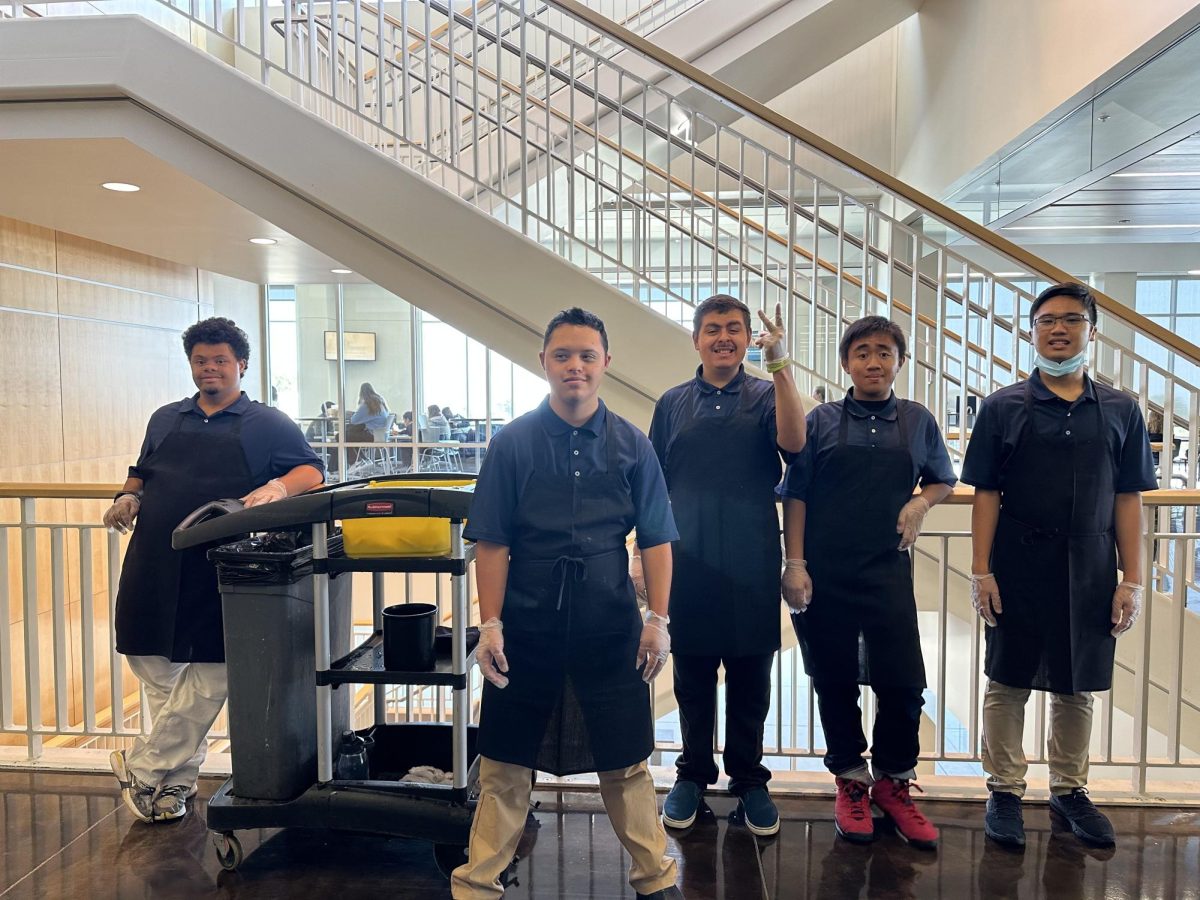
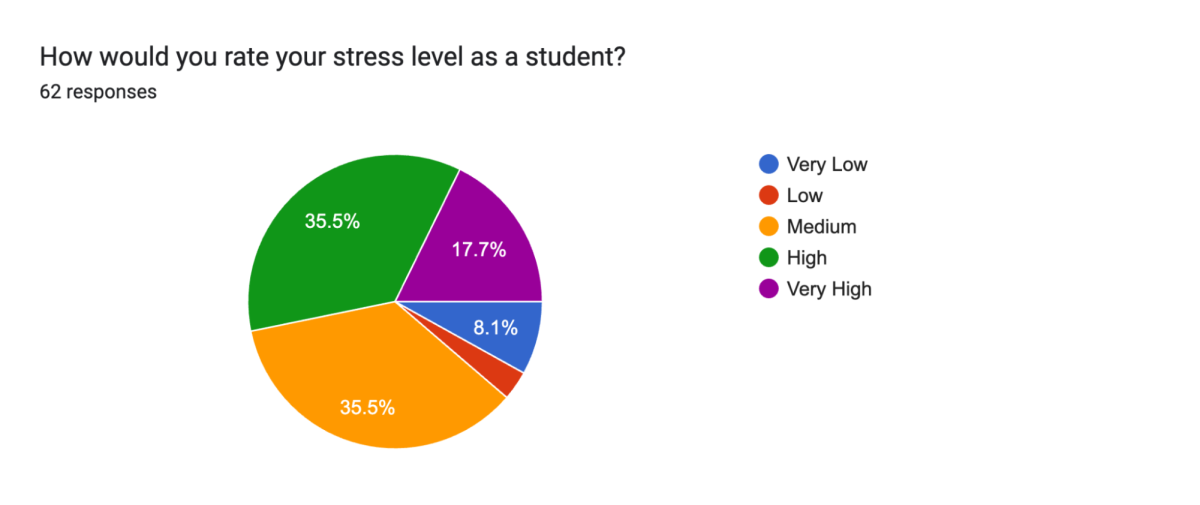
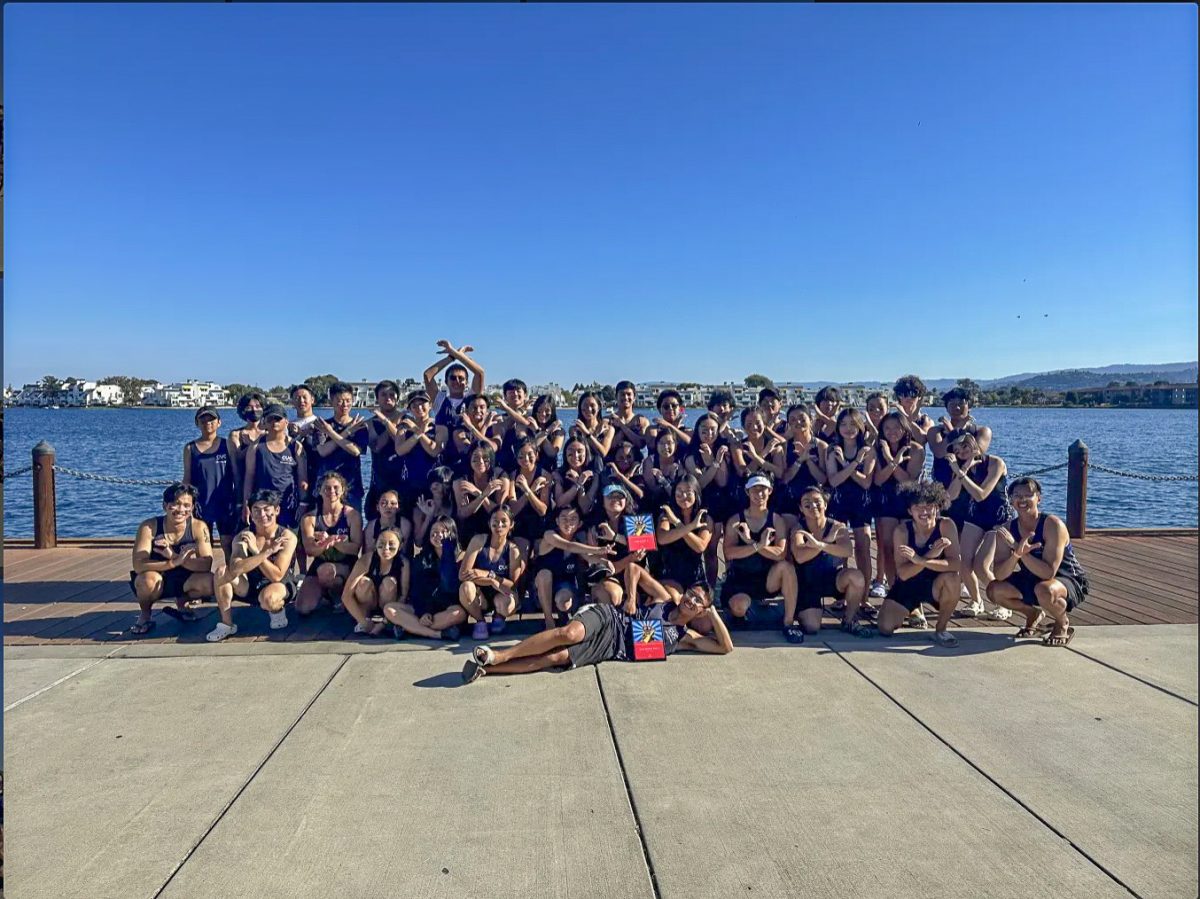
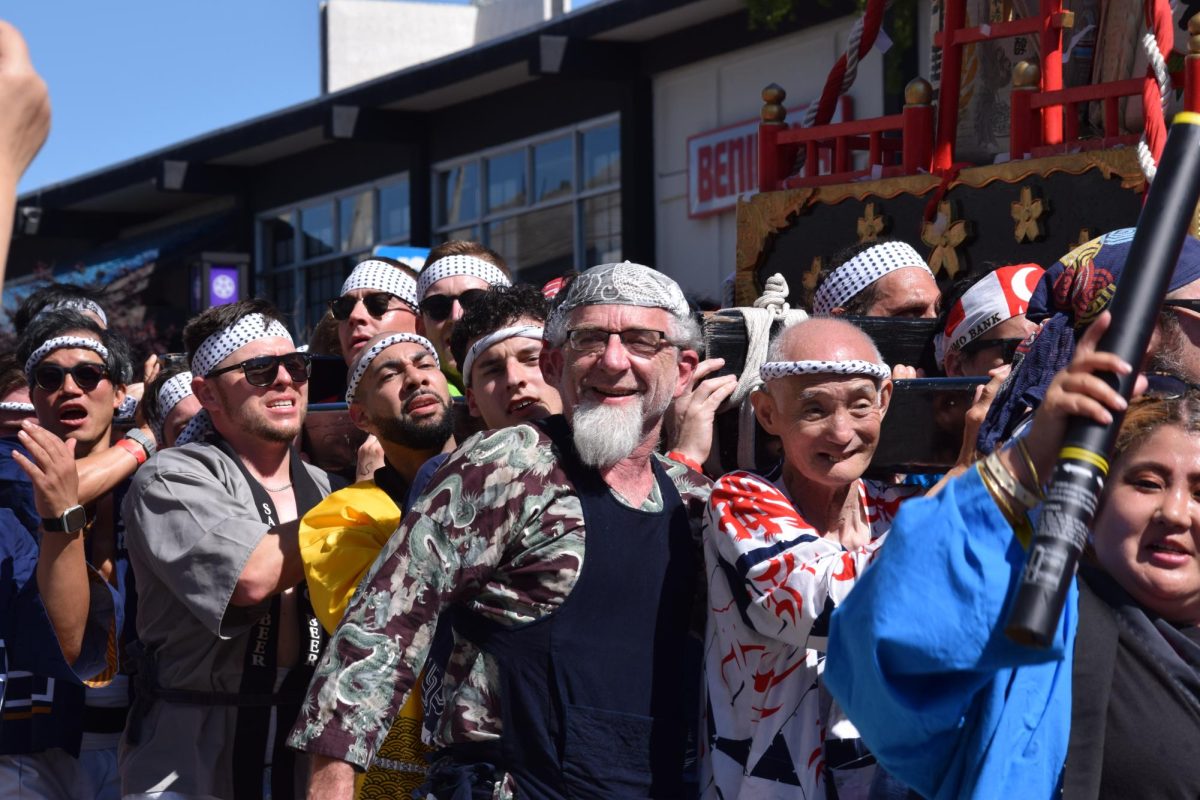






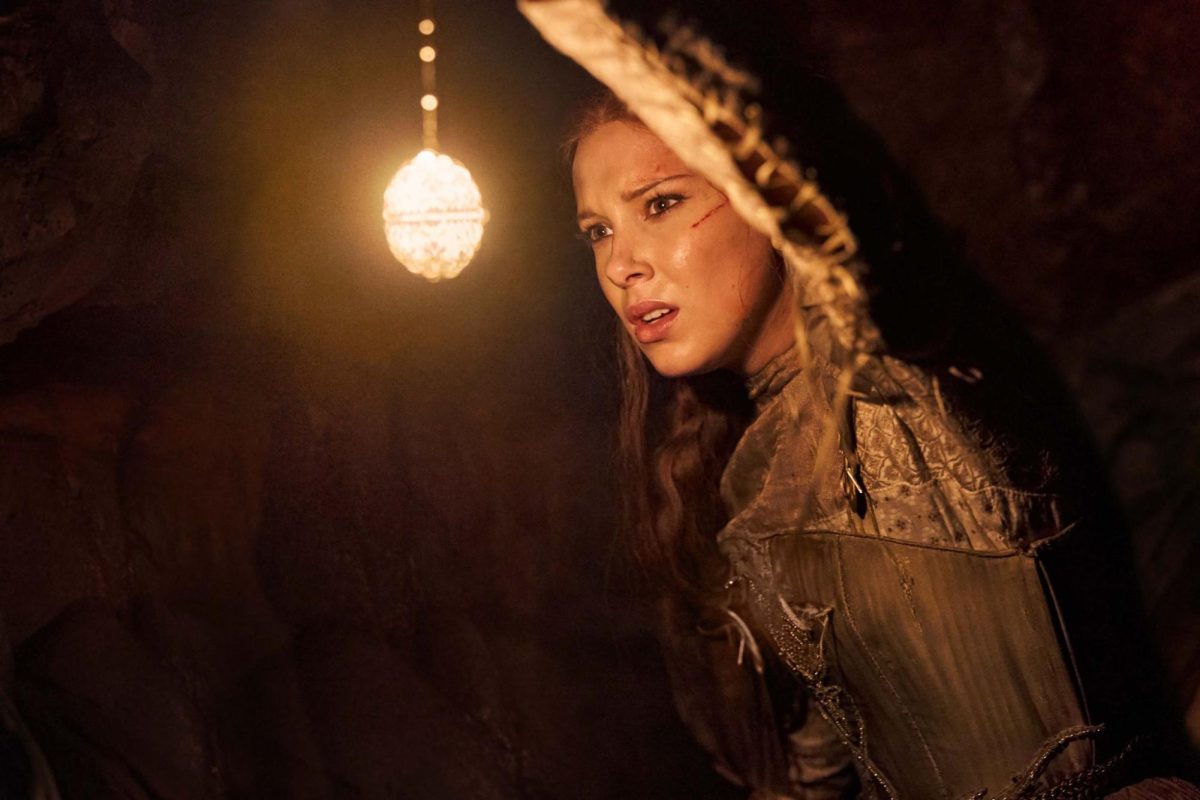



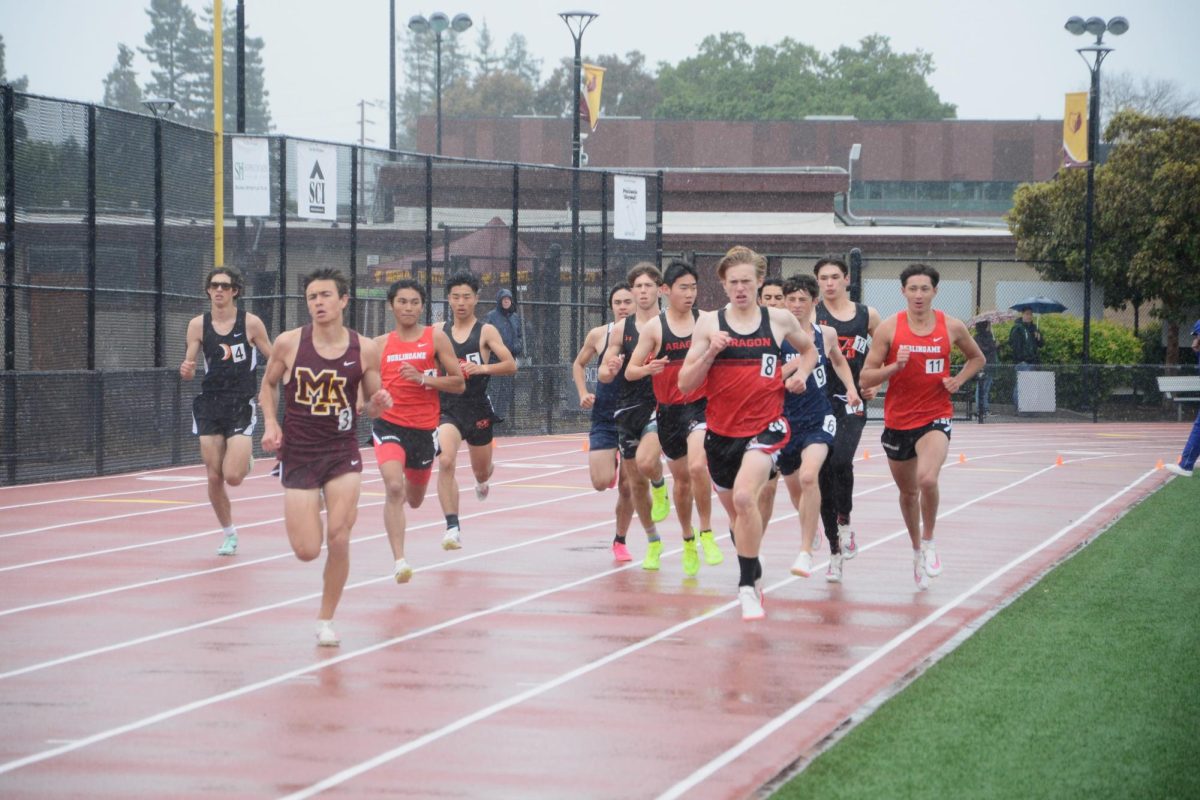
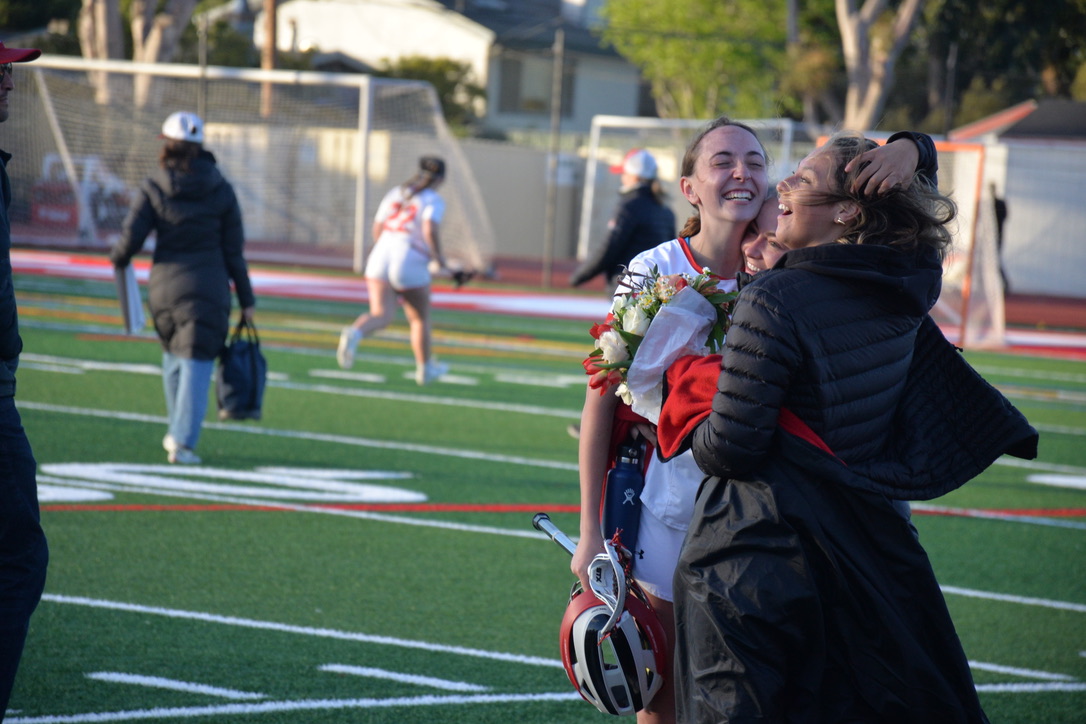
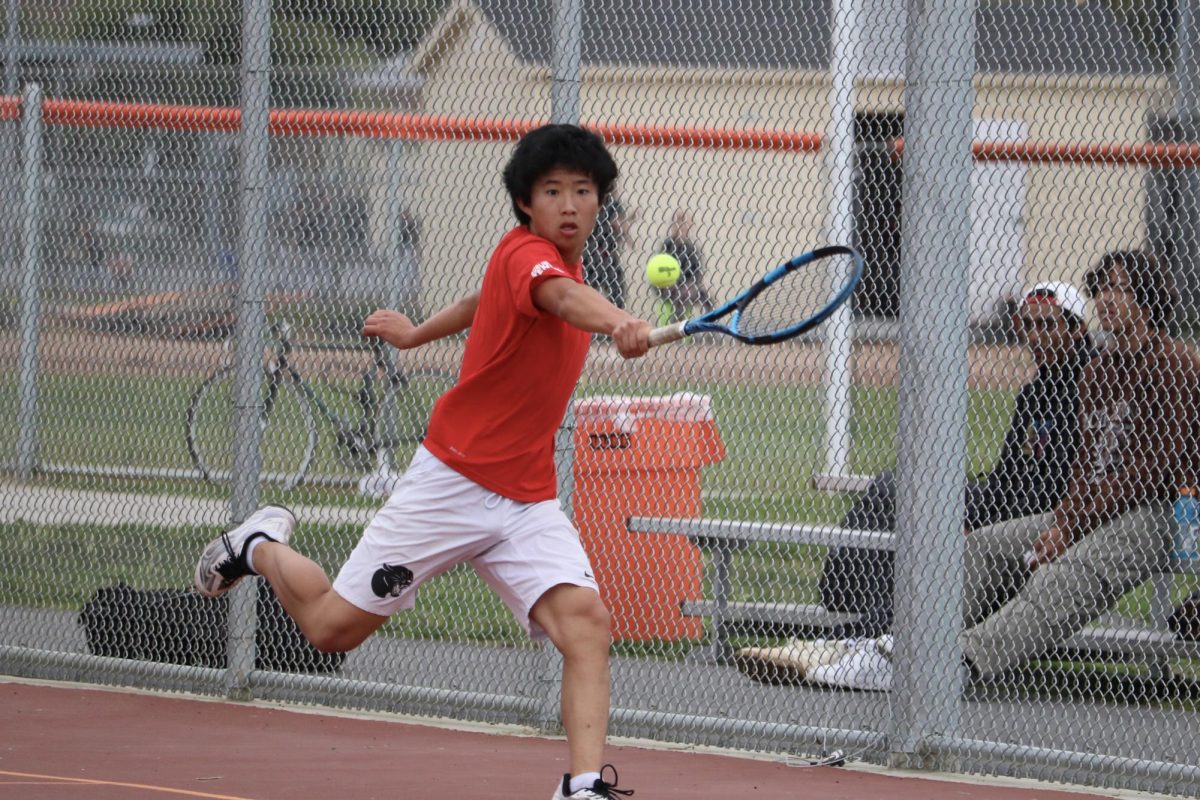
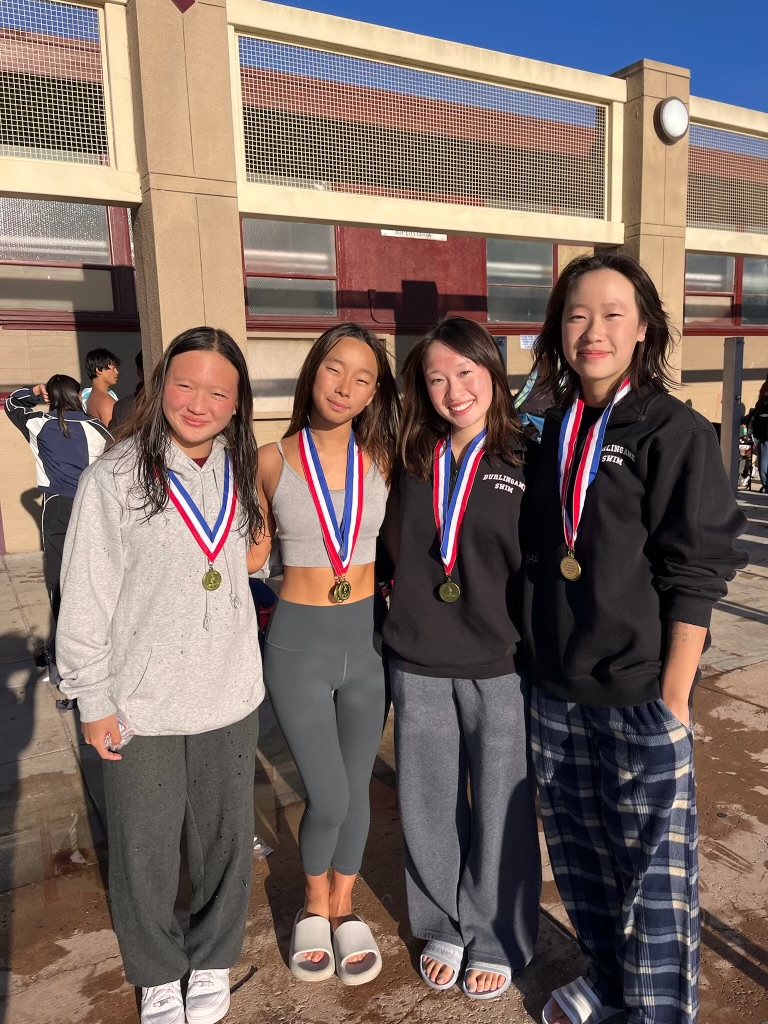
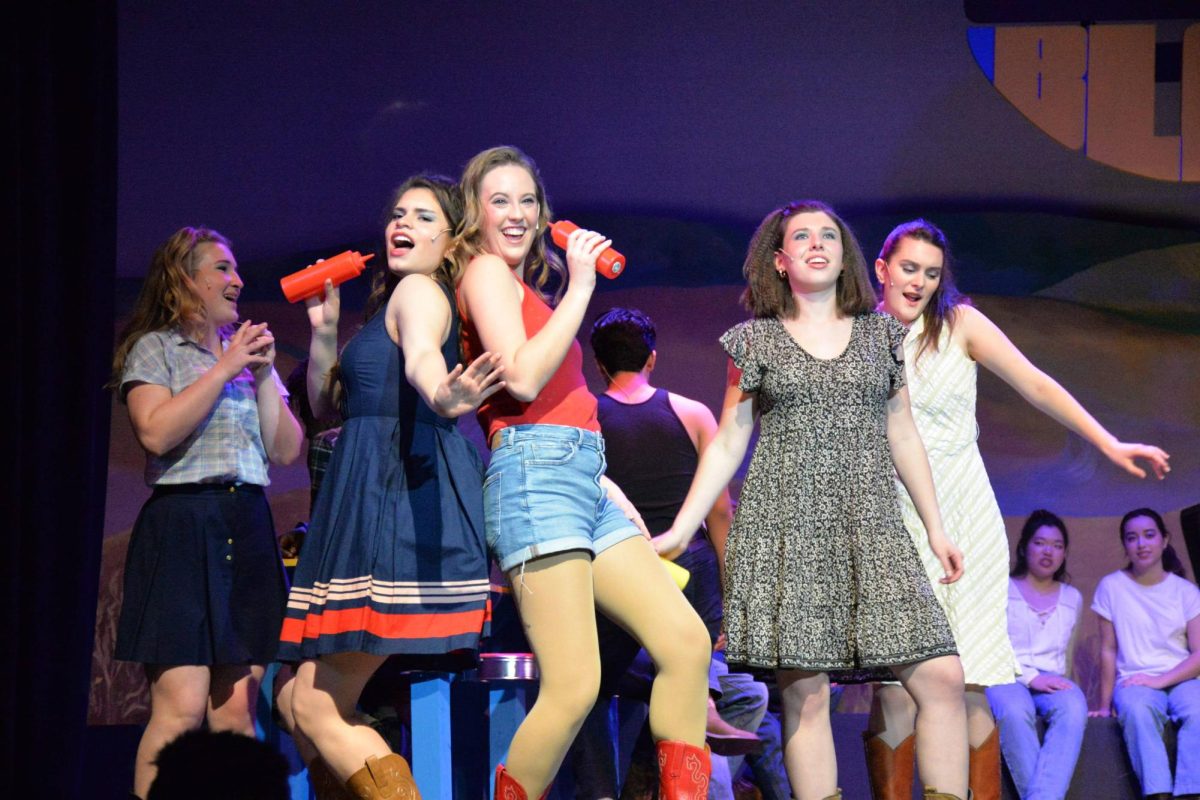
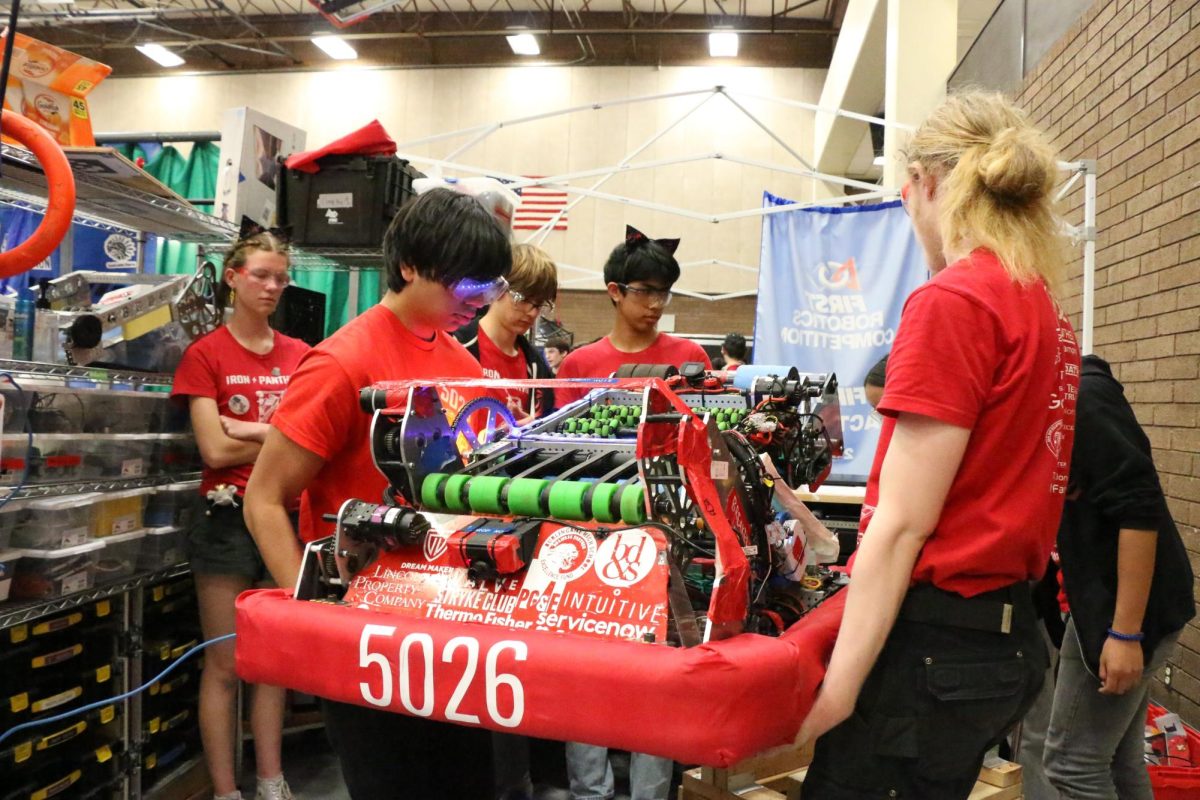
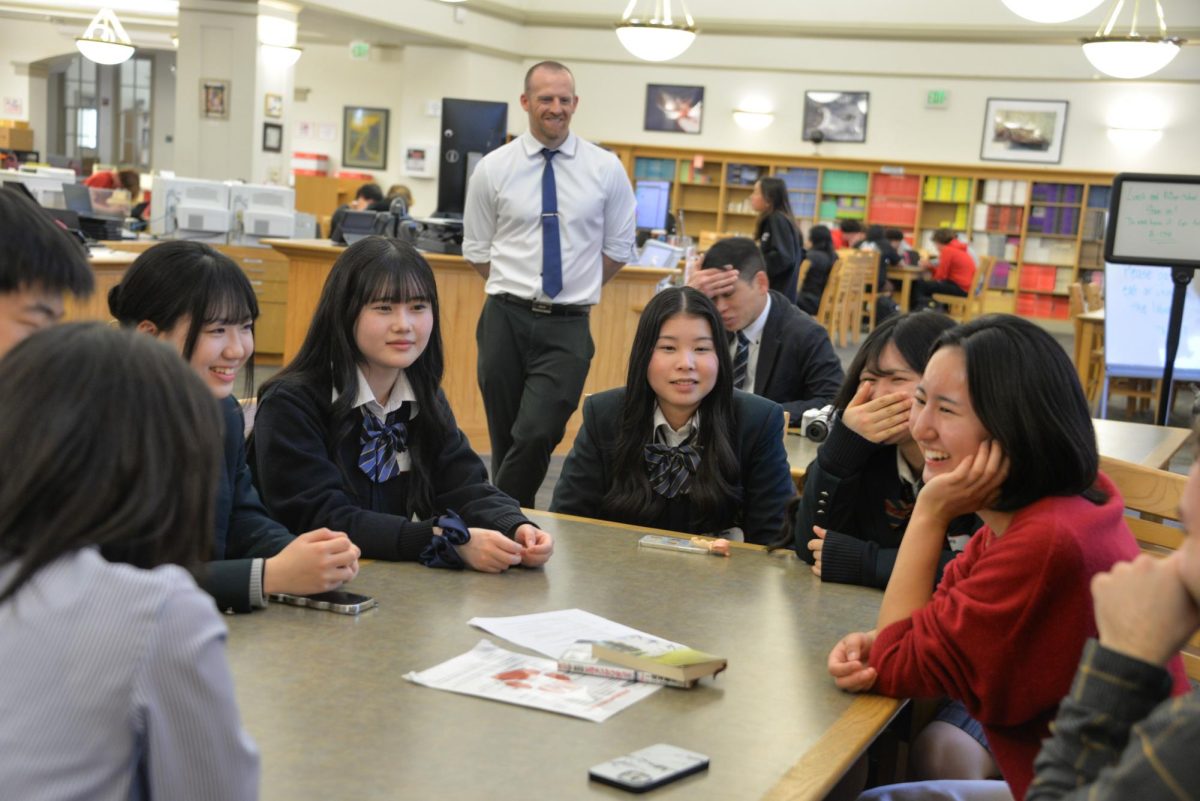
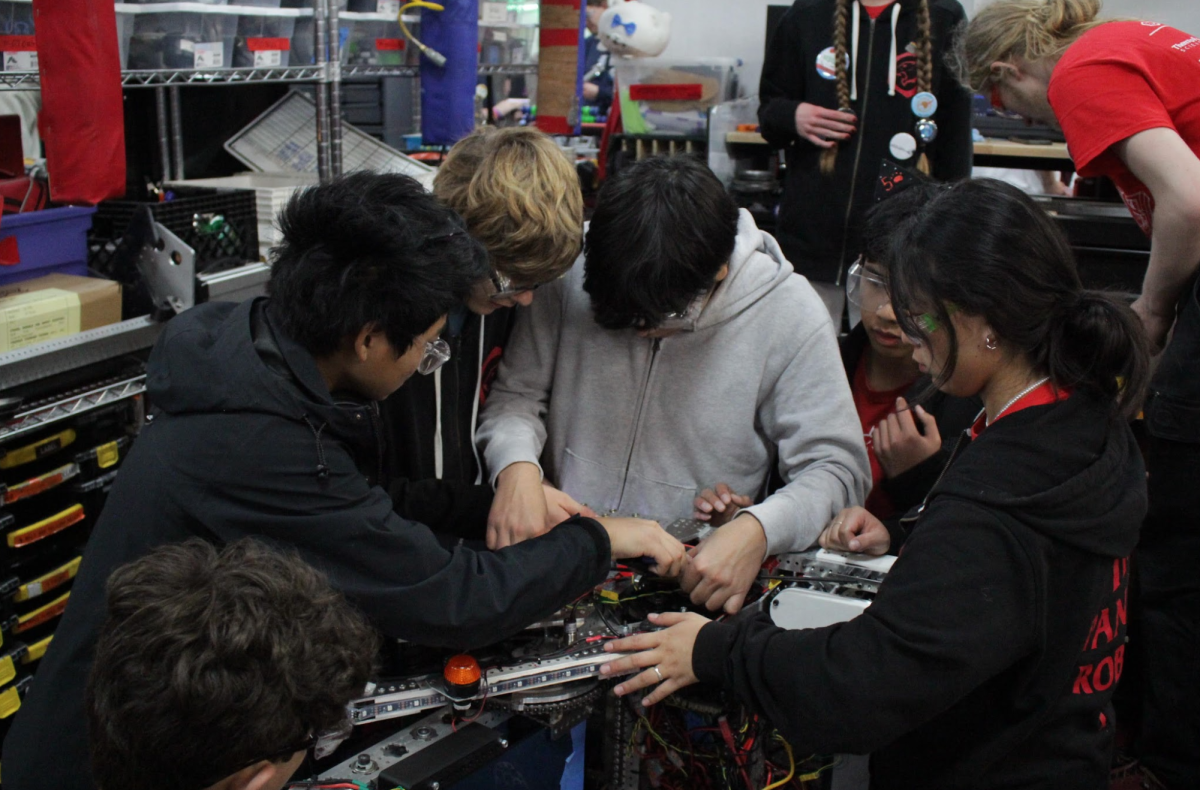
![“For me personally, I want [others] to see the music program as a strong union because we can really bring out the life of our school,” Vega said. “We need music, you know? Otherwise, things would be really silent and dead.”](https://theburlingameb.org/wp-content/uploads/2024/03/unnamed-1200x801.jpeg)


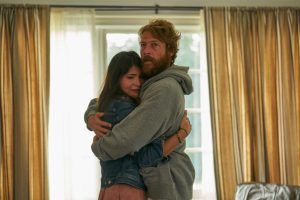

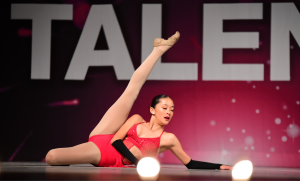
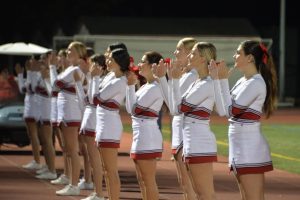


Callie C • Jun 28, 2020 at 6:24 pm
Very Nice, Alyson Resnick!